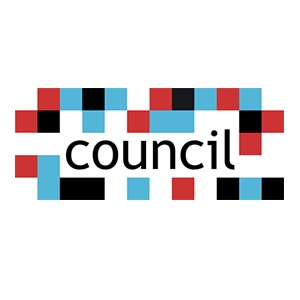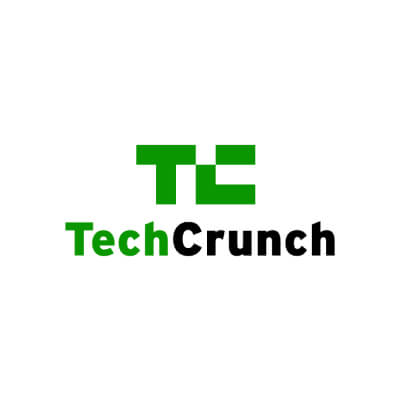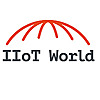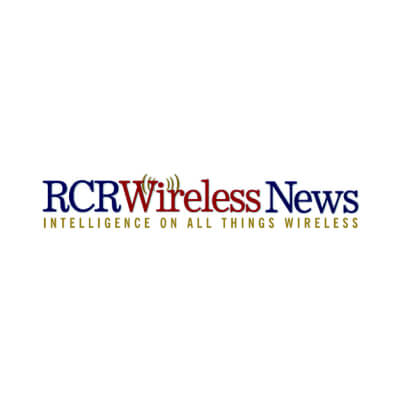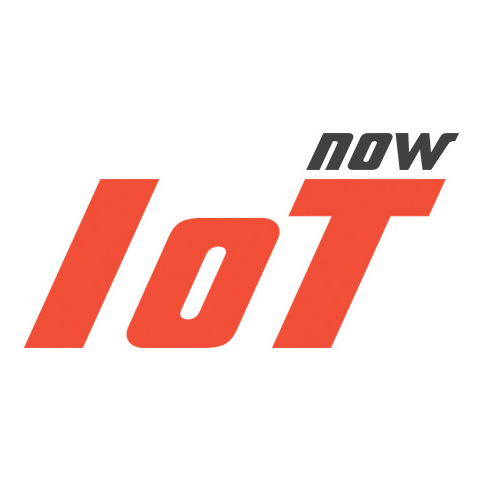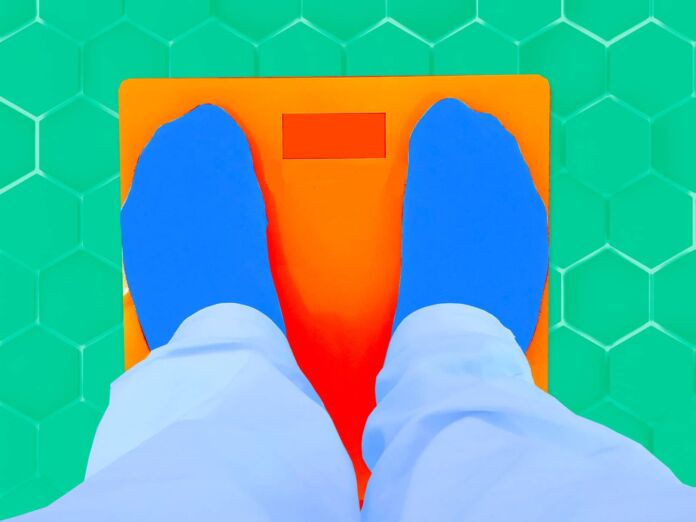
Obesity is a serious public health issue that affects millions of people worldwide. It is linked to several chronic diseases, including heart disease, diabetes, and certain cancers. While diet and exercise are the primary ways to manage obesity, technological advancements have opened up new possibilities for managing and preventing obesity.
Obesity and IoT
The Internet of Things (IoT) is a system of connected devices and sensors that can transmit and receive data through the Internet. IoT can play a significant role in helping people manage obesity by providing real-time data, personalized feedback, and actionable insights.
This technology can help individuals make informed decisions about their diet and physical activity, leading to better weight management and overall health. In this article, we will explore various smart solutions that leverage IoT technology for effective obesity management. From smart scales to wearable devices and mobile apps, we will examine the potential of IoT to improve health outcomes and enhance the quality of life for individuals struggling with obesity.
“IoT can play a significant role in helping people manage obesity by providing real-time data, personalized feedback, and actionable insights.”
-Libin Antony A.
Some statistical data regarding obesity:
- According to the World Health Organization (WHO), in 2016, more than 1.9 billion adults worldwide were overweight, and of these, over 650 million were obese.
- In the United States, approximately 42.4 percent of adults were obese in 2018, according to the Centers for Disease Control and Prevention (CDC).
- Obesity rates in children and adolescents have also been on the rise. In 2016, an estimated 340 million children and adolescents aged 5-19 were overweight or obese, according to the WHO.
- Obesity is a leading cause of preventable death worldwide, with an estimated 2.8 million deaths per year attributed to being overweight and obese, according to the WHO.
- The economic impact of obesity is also significant. In the United States, obesity-related healthcare costs and lost productivity were estimated to be $147 billion in 2008, according to a study published in Health Affairs.
How can IoT help overcome obesity? Here are five strategies.
1. Smart Scales
Smart scales can be connected to a smartphone app or cloud-based platform, allowing individuals to monitor their weight and track progress in real-time. By receiving personalized feedback and recommendations for weight management based on this data, individuals can make informed decisions about their diet and physical activity, leading to better weight management outcomes. Smart scales can also alert individuals if their weight exceeds a certain threshold, prompting them to take action to address any potential health concerns related to obesity.
2. Wearable Devices
Wearable devices can provide individuals with real-time feedback on their physical activity levels, motivating them to engage in more physical activity throughout the day. By monitoring heart rate and other health metrics, wearable devices can also provide individuals with insights into their overall health and fitness levels.
This can help individuals set goals and track progress towards achieving them, ultimately leading to improved weight management outcomes. Wearable devices can also be integrated with smartphone apps or cloud-based platforms to provide personalized recommendations for physical activity and weight management based on individual data.
3. Connected Kitchen Appliances
IoT-enabled kitchen appliances, such as smart refrigerators and cooking devices, help individuals make healthier food choices. These appliances can suggest healthy recipes based on the ingredients available, track food inventory to prevent wastage, and provide alerts when unhealthy foods are being consumed.
By encouraging healthy food choices and reducing the consumption of unhealthy foods, these appliances can play a significant role in weight management. In addition, smart kitchen appliances can be integrated with smartphone apps or other IoT-enabled devices to provide personalized recommendations for healthy eating based on individual data.
4. Mobile Apps
Using mobile apps to track food intake, provide personalized meal plans, and offer recommendations for healthier eating. Many mobile apps can scan barcodes and provide detailed nutritional information about packaged foods, helping individuals make informed decisions about their food choices.
By tracking food intake and receiving personalized recommendations for healthier eating, individuals can make meaningful changes to their diet and achieve better weight management outcomes. In addition, mobile apps can be integrated with wearable devices or smart scales to provide a more comprehensive view of an individual’s health and well-being.ps:
5. Telehealth Solutions
Using telehealth solutions to provide remote consultations with healthcare providers, including registered dietitians and nutritionists. These providers can offer personalized recommendations for healthy eating and physical activity, improving weight management outcomes.
By providing remote consultations, individuals can access expert advice and support from the comfort of their own homes, making it easier to manage obesity and related health conditions. Telehealth solutions can also be integrated with IoT-enabled devices to provide a more comprehensive view of an individual’s health and well-being, leading to better-informed recommendations for weight management
Future Scope
The future scope of using obesity and using IoT for effective obesity management is vast and promising. As technology continues to advance, there will be even more opportunities to leverage IoT to combat obesity and related health conditions.
For example, there is potential to develop more advanced wearables and smart clothing that can monitor health metrics such as blood sugar levels and stress levels. These technologies can provide even more personalized recommendations for weight management based on individual data.
In addition, as more devices become connected to the internet, there will be opportunities to integrate data from multiple sources to provide a more comprehensive view of an individual’s health and well-being. This will enable healthcare providers to offer more personalized and effective recommendations for weight management.
Moreover, the use of artificial intelligence and machine learning can help to improve the accuracy and relevance of recommendations for weight management. These technologies can analyze large amounts of data from various sources to provide personalized and targeted interventions.
Overall, the future of using IoT for effective obesity management is exciting, with numerous opportunities to develop and implement smart solutions that can help individuals achieve their weight management goals and improve their overall health and well-being.




 New Episode
New Episode





 Latest IoT News
Latest IoT News
